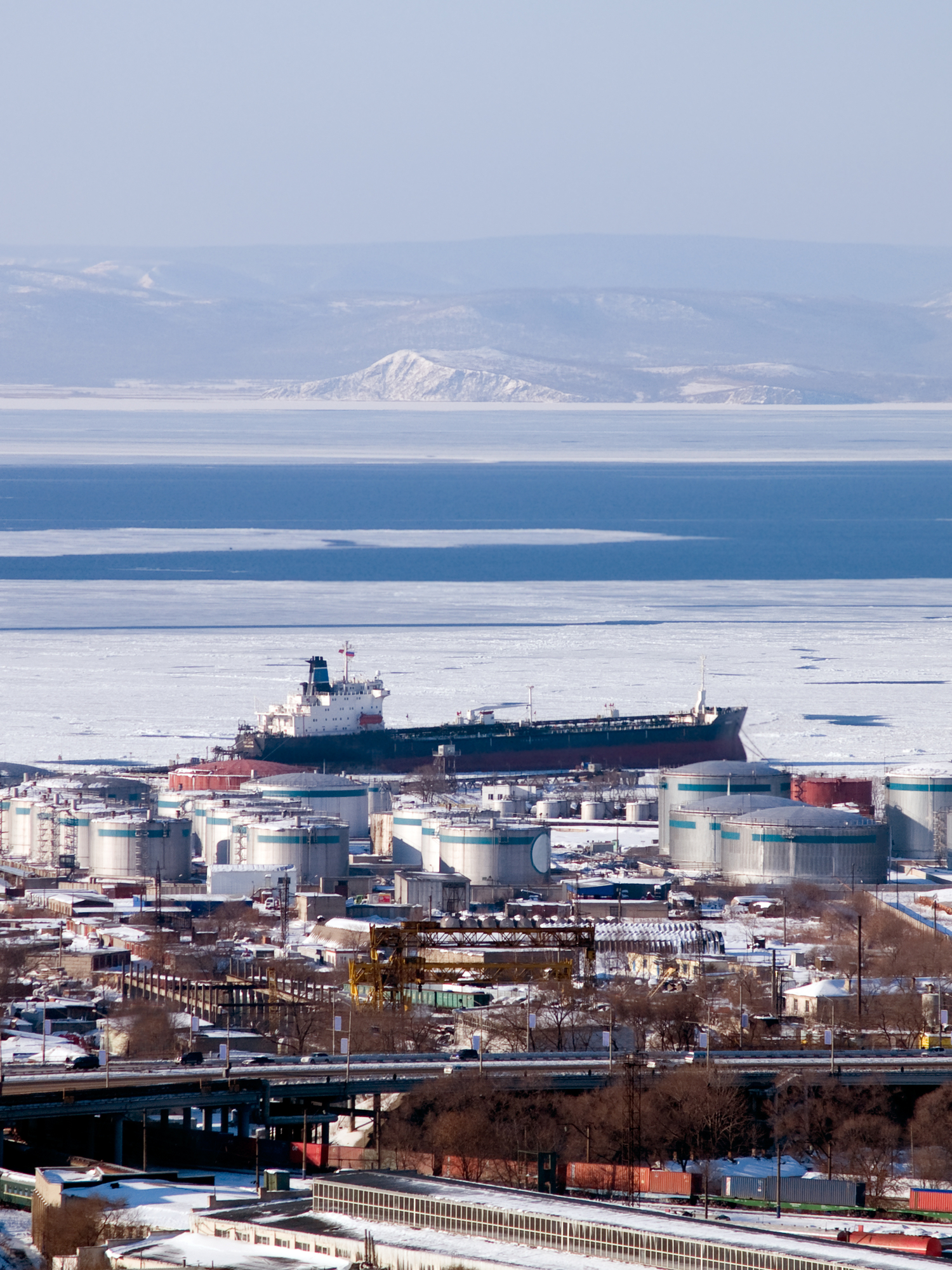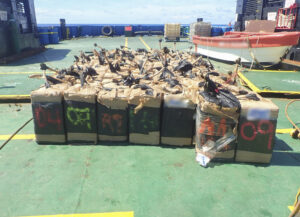US president Donald Trump told reporters at the White House that Indian prime minister Narendra Modi had assured him that he would halt Russian oil imports, as the US seeks to put economic pressure on the Kremlin as part of efforts to end the war in Ukraine.
Reacting to the Trump remarks, India said Thursday its import policies are guided entirely to safeguard the interests of the Indian consumer in a volatile energy scenario, after US president Donald Trump claimed Wednesday that he had received assurances from Modi that New Delhi would stop purchasing Russian oil.
Without getting into the specifics of a conversation between PM Modi and Trump, the official spokesperson of the ministry of external affairs (MEA), Shri Randhir Jaiswal, highlighted that discussions were “ongoing” with the US administration which had “shown interest in deepening energy cooperation with India.”
A move by India to stop imports would signal a major shift by one of Moscow’s top energy customers and could reshape the calculus for other nations still importing Russian oil.
“He’s a friend of mine, we have a great relationship – no, we were not happy with him buying oil from Russia because that let Russia continue on with this ridiculous war where they’ve lost a million and a half people,” Trump said on Wednesday as he criticized Russian president Vladimir Putin’s war in Ukraine.
“I was not happy that India was buying oil from Russia, and he assured me today that they will not be buying oil from Russia. That’s a big step,” Trump noted.
Trump also said he would next try to get China to do the same, as Washington is making efforts to cut off Moscow’s energy revenues: “Now we’ve got to get China to do the same thing.”
The ministry of external affairs (MEA) of India on Thursday issued a statement addressing media queries regarding India’s energy sourcing.
Responding to questions on the country’s energy sourcing, MEA spokesperson Shri Randhir Jaiswal said, “India is a significant importer of oil and gas. It has been our consistent priority to safeguard the interests of the Indian consumer in a volatile energy scenario. Our import policies are guided entirely by this objective,” without naming Russia nor referencing Modi’s purported assurance that he would stop Russian oil imports.
“Ensuring stable energy prices and secured supplies have been the twin goals of our energy policy. This includes broad-basing our energy sourcing and diversifying as appropriate to meet market conditions.
“Where the US is concerned, we have for many years sought to expand our energy procurement. This has steadily progressed in the last decade. The current Administration has shown interest in deepening energy cooperation with India. Discussions are ongoing,” the ministry added.
Hours after Trump claimed that Modi had assured him India would stop buying oil from Russia, a Russian official responded, stating that “Our oil supplies are very beneficial for the Indian economy and the welfare of the Indian people.”
Trump has been pressing nations to stop purchases of Russian oil in exchange for his agreement to impose tough sanctions on Moscow to try to dry up funding for Russia’s invasion of Ukraine.
The US is now ramping up pressure on Japan to stop importing Russian energy.
US treasury secretary, Scott Bessent, said he told Japanese finance minister Katsunobu Kato that the Trump administration expects Japan to stop importing Russian energy.
“Minister Kato and I also discussed important issues pertaining to the U.S.-Japan economic relationship and the Administration’s expectation that Japan stop importing Russian energy,” Bessent said on X.
Scott Bessent met with Katsunobu Kato in Washington on Wednesday to discuss plans for mobilizing Japan’s strategic investment in the United States through the U.S.-Japan trade and investment agreement.
Secretary Bessent and minister Kato discussed important issues pertaining to the U.S.-Japan economic relationship, including global security and the importance of G7 commitments to increase economic pressure on Russia.
Recently, Trump increased tariffs on India from 25% to 50% in an effort to penalize New Delhi for the purchase of Russian oil.
During a recent working visit to India, Russian deputy prime minister Dmitry Patrushev met with Indian prime minister Narendra Modi to discuss trade and economic cooperation between the two nations.
“Russia values its privileged strategic partnership with India, which is one of our key allies on the international stage. Our economic cooperation gains momentum every year, and in 2024, bilateral trade reached a historic high,” Dmitry Patrushev stated during the meeting.
Our response to media queries on comments on India’s energy sourcing⬇️
— Randhir Jaiswal (@MEAIndia) October 16, 2025
🔗 https://t.co/BTFl2HQUab pic.twitter.com/r76rjJuC7A



